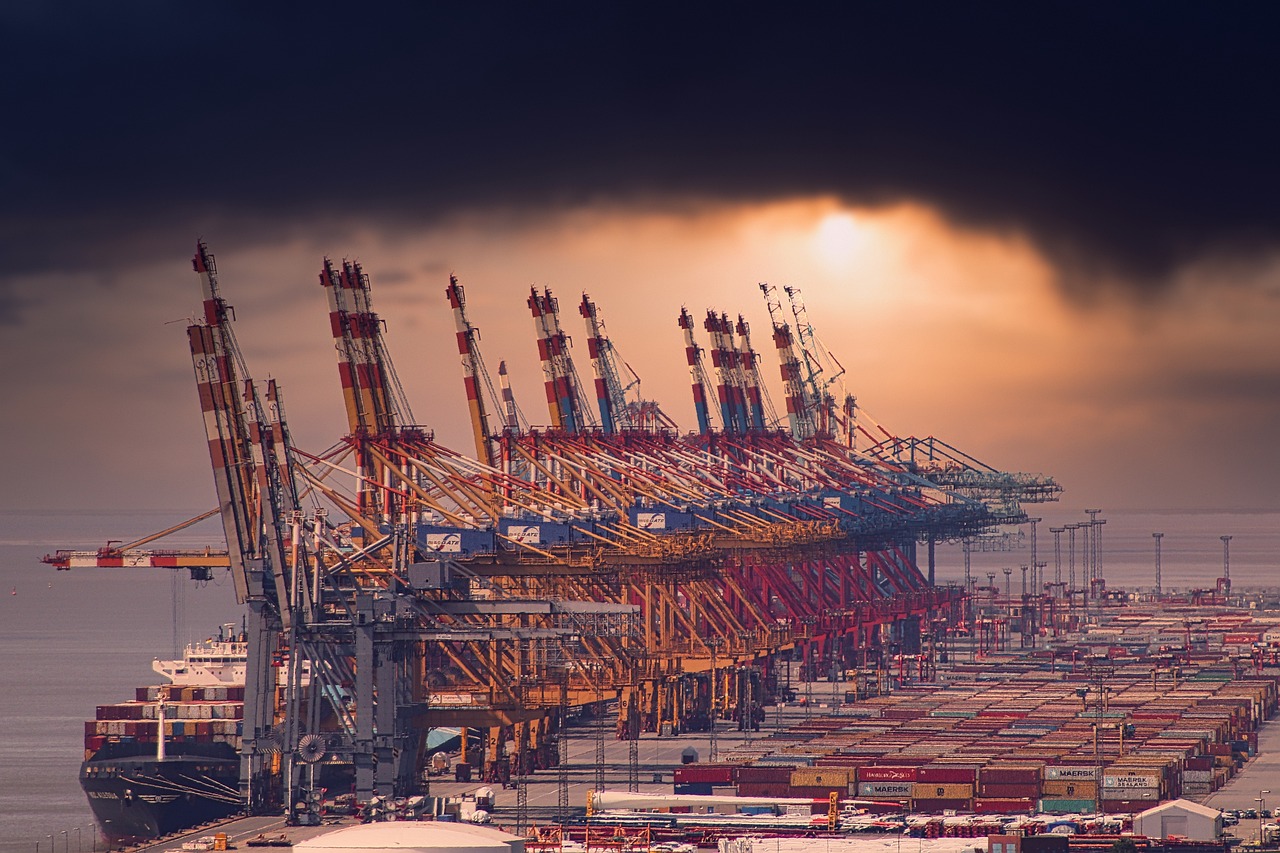A Canada port strike continues to disrupt operations, entering its sixth day and posing significant challenges to the country’s economy and the smooth flow of goods. Led by the International Longshore and Warehouse Union (ILWU) Canada, the ongoing Canada port strike has resulted in stalled negotiations with the British Columbia Maritime Employers Association (BCMEA) and has raised concerns about the shipment of containers.
Negotiations between the ILWU Canada and the BCMEA reached an impasse on Monday, leading the BCMEA to withdraw from the bargaining table due to the union’s attempt to expand its authority over maintenance activities at ports. Mediation efforts with federal authorities are currently on hold, prolonging the Canada port strike.
The strike has caused significant disruptions to port operations, affecting container shipments. According to vessel data compiled by MarineTraffic, a total of 24 vessels are currently carrying containers bound for the Ports of Vancouver and Prince Rupert. The combined value of the 181,458 containers floating off these ports amounts to an estimated £9.4 billion, based on a valuation of £51,359 per container as per Canadian customs data.
The Ports of Vancouver and Prince Rupert serve as vital gateways for Canada’s trade, handling more than 20% of the nation’s daily traded goods. The ongoing Canada port strike, which disrupts approximately £630 million worth of cargoes each day, poses a significant challenge to the economy and supply chains, impacting various industries.
In response to the strike, over 120 business associations have united their voices, urging Prime Minister Justin Trudeau to intervene and protect the supply chain. They have called for the consideration of back-to-work legislation to mitigate further disruptions caused by the Canada port strike.
To manage the impact, Canadian Pacific Kansas City Ltd. and Canadian National Railway Co., the country’s leading rail companies, have implemented reductions in rail car movements to West Coast ports. However, it’s crucial to note that the repercussions of the Canada port strike extend beyond the ports themselves, affecting the broader trade ecosystem.
In April, British Columbia exported goods valued at £3.85 billion, including a significant amount of coal worth over £78 million. Imports during the same period reached £4.5 billion, covering items such as gas liquefaction equipment, vehicles, aeroplane parts, and biodiesel. Despite the strike, grain shipments are still complying with labour regulations.
Stakeholders are closely monitoring the situation, emphasising the urgent need for a prompt resolution to minimise further economic damage and ensure the efficient movement of goods through Canadian ports. Productive negotiations between the ILWU Canada and the BCMEA are crucial to resolving the ongoing Canada port strike and restoring normal operations.













